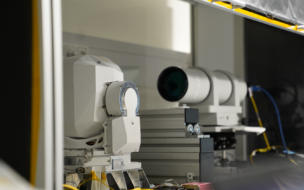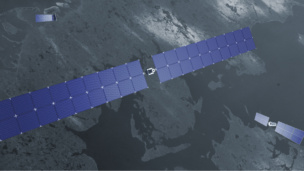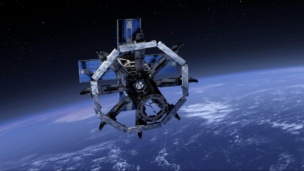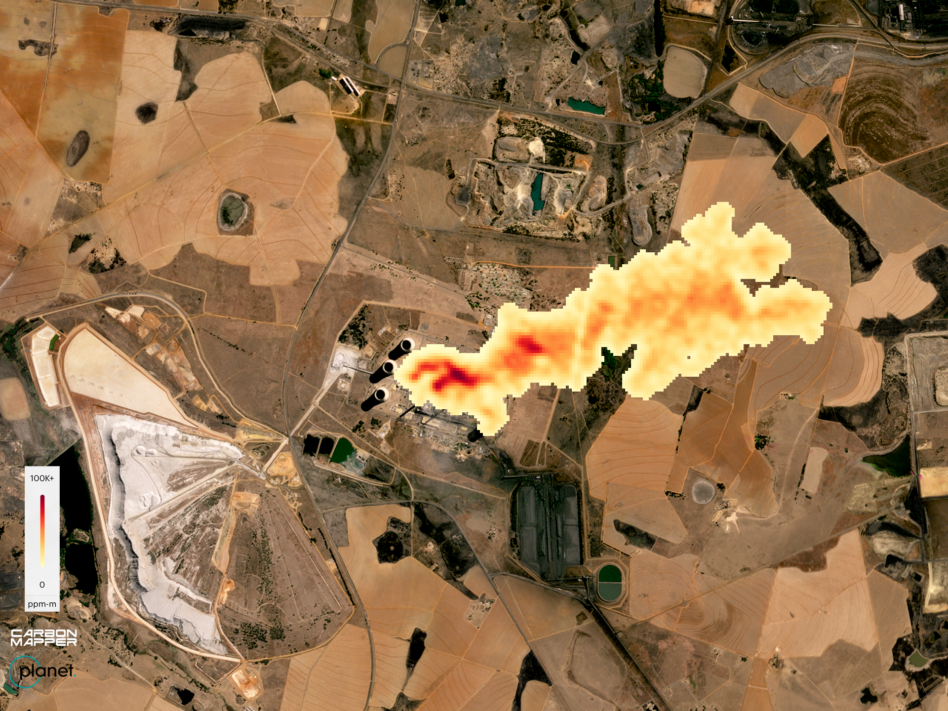With AI touching many different industries on Earth, it was only a matter of time before the new tech made its way to orbit, where the organizations conducting time-consuming tasks ranging from sifting through data collected in space to tracking the whereabouts of sats and debris are incrasingly turning to a non-human helping hand.
Here are five of our top stories this year that delved into how AI is being used in space:
Space AI is Having a Moment: After years of AI changing the way people work on Earth, the tech is finally having its moment in the space industry’s spotlight. Recently, a flurry of new companies have come on the scene or announced new products focused on using AI to increase the efficiency of space operations.
What Makes Space AI So Tricky?: Everything is more difficult in space, and learning software is no exception, but the pressure to push AI into everything can’t be denied. US satellite operator Spire ($SPIR) will work with Mission Control, a Canadian space software company, on a demo mission to launch in 2025 that will see a Spire-built EO satellite use Mission Control machine learning models to perform analyses on orbit.
Prompting NASA’s New AI Chief, David Salvagnini: From finding exoplanets to drafting contracts, AI can help at every corner of NASA, the space agency’s AI chief told Payload. “Everyone will, in some way, have their workday augmented using some type of an AI technology,” said David Salvagnini, who became NASA’s chief artificial intelligence officer last month in addition to serving as chief data officer.
Inside Spire’s Lucrative AI Partnership with Nvidia: When Nvidia CEO Jensen Huang, one of the most-watched figures in the world of technology, revealed an AI weather project involving his chipmaking behemoth and Spire, a space data company, people took notice. Payload spoke to Mike Eilts, a meteorologist and Spire’s general manager for weather and climate, about the deal and predicting weather from space.
Understanding AI’s Impact on Space Data with Planet’s Head of Product: Since the public release of ChatGPT, AI has driven technology investment, with some $27B being deployed to companies leveraging the latest developments in machine learning. Space engineers are no strangers to AI writ large—who do you think is flying the Dragon spacecraft or landing the Falcon 9’s booster?—but the latest developments promise immediate impact for companies collecting sensor data in space.





